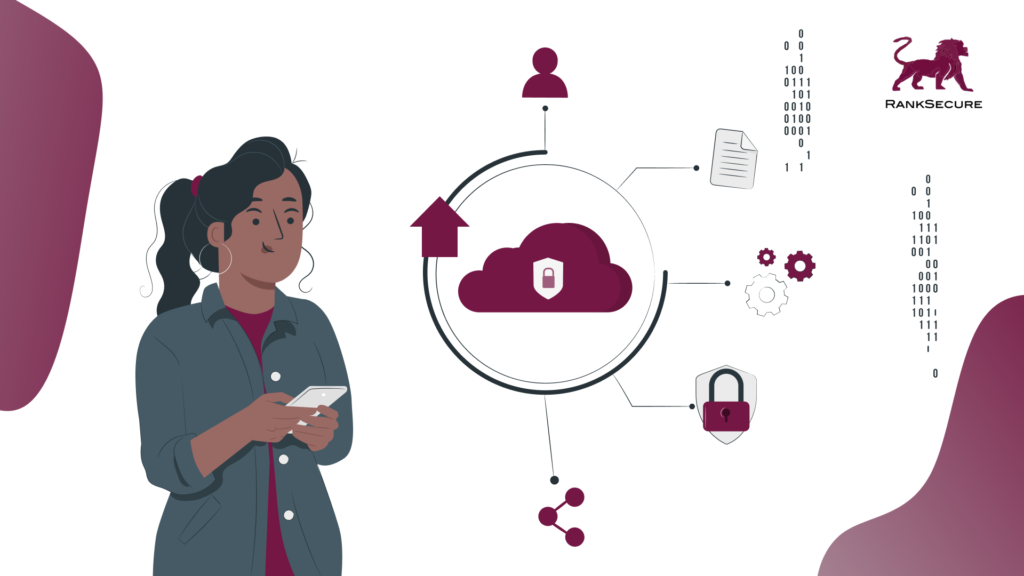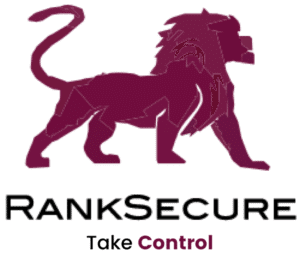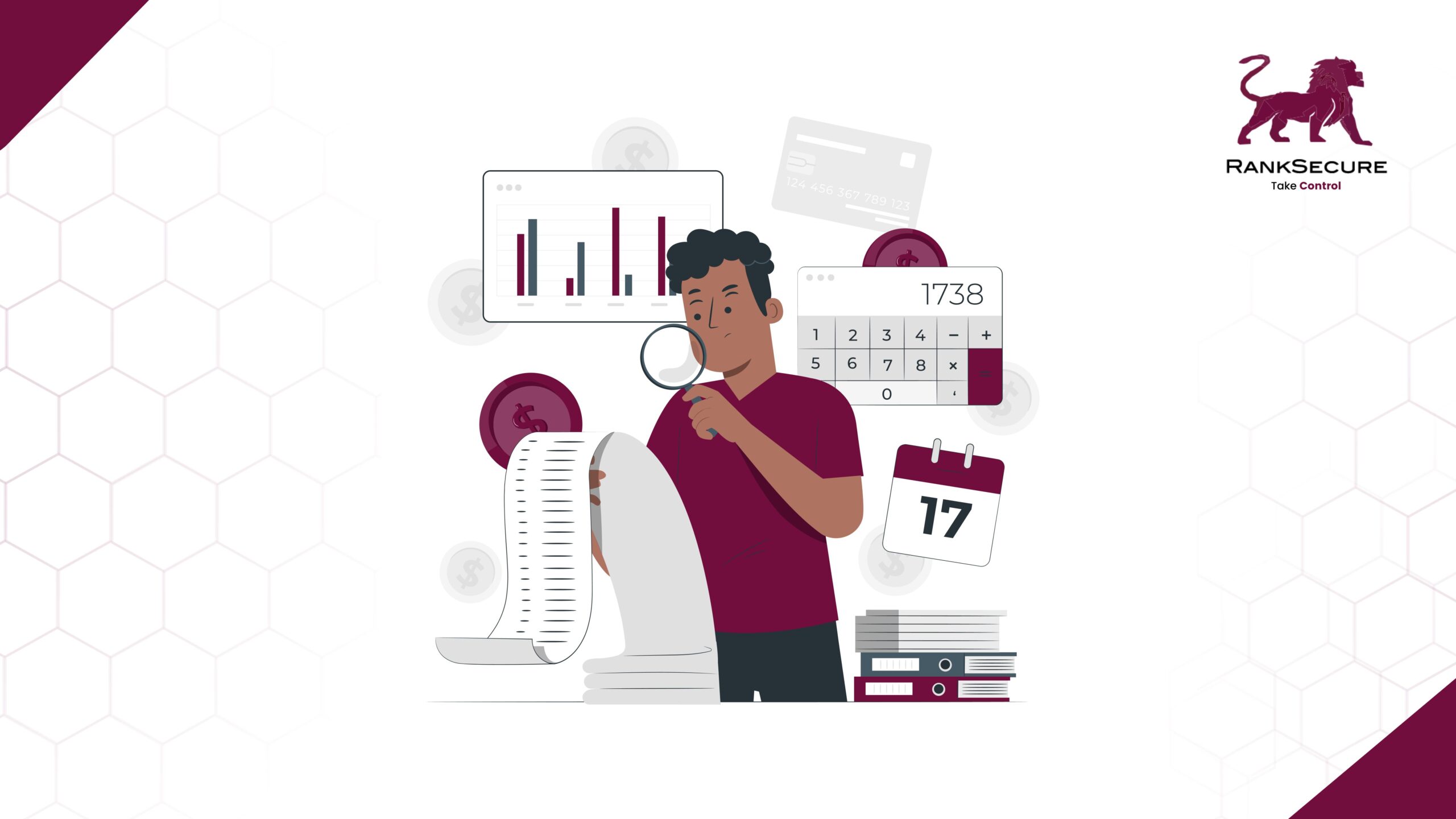
How to improve your cloud security
How secure is your cloud data? – a question that should constantly remind you of your organization’s cloud security measures.
The cloud is becoming more popular, which also makes it more vulnerable and an easy target for hackers looking to steal your data. The recent Uber attack may have shown you how effective your cyber security and cloud security for business should be. If an 18-year-old can hack Uber, you have to wonder where your company stands in terms of cloud security.
The cloud is more convenient, efficient, and powerful for storing data and streamlining operations in your organisation. However, with more features, comes a greater risk of data loss due to cyber attacks, and if you don’t take action immediately, the data in your cloud systems may not remain secure forever. So, what shall you do?
In addition to your basic security measures, you should strengthen your cloud security for business to prevent data breaches. We’ve compiled a list of some of our best solutions to help you maintain good cloud security.
Utilise Multi-Factor Authentication
When it is easy to access your data, you should not be surprised when it is compromised. Poor initial configurations can weaken cloud security and result in significant problems. Your user account credentials are easily shared by other users and individuals outside of your organisation, which makes it simple for hackers to access your accounts. However, when multi-step authentication is used to approve access, you can be confident that no simple hack will affect your organisation.
If you are concerned about cloud security, authentication may be a good place to begin.
Allowing only authorised personnel access to your sensitive data can also help you analyse where your security is weak when a breach occurs.
Establish Proper Authorisation Levels
Don’t give out your house keys to people who don’t need them. It is common for small businesses, as well as a number of medium-sized and large businesses, to make this mistake: granting cloud data access to a large number of users.
Even though users who need the data may need access, controlling the levels of the authorization will help you keep your data secure. For instance, not every employee needs access to sensitive company data, and users who have access do not necessarily need editing access to that data.
A simple phishing email that targets employees who are untrained in avoiding breaches can harm your entire organisation and compromise your data in a matter of seconds.
In addition to managing access for current employees, take steps to remove access for users who have left your organisation. Several businesses do not prioritise removing previous employees’ access to cloud data. This could pose a significant risk to your organisation because you never know when your data will be sold.
Keep Track Of Your Cloud Security
Keeping tabs on your cloud environment’s security will keep you informed of any new additions, changes, or vulnerabilities. While businesses are constantly introducing new solutions to improve cloud security, they rarely devote time to monitoring them.
When you continuously monitor your cloud environment, you will be aware of the risks associated with your data and will be able to prevent potential risks from within. Once you’ve identified the risks, it won’t be difficult to avoid them.
Put Your Security To The Test
You cannot feel secure until you are aware of how reliable your security is. Nowadays, organisations can use a variety of testing methods to test their security levels and identify vulnerable areas. These tools will help you determine what security enhancements your organisation may require in the future. Therefore, it is important to perform tests like penetration testing and other forms of vulnerability testing to locate weak spots and then implement specific actions to eliminate them.
Give Your Staff A Share Of The Responsibility
A single flaw in your security network can provide hackers with an easy way in and steal your data. The flaws do not have to be in the systems or servers themselves, but in the people who access and manage them. It is no secret that human error contributes significantly to cyber threats, and organisations continue to make efforts to reduce this. Cloud security is a responsibility that should be shared by your entire organisation.
You can lessen potential cyber threats by training your staff to remove vulnerabilities and defend their domains. Being aware of emerging threats will also aid you in training your employees in them and enhancing the cloud’s security.
Conclusion
Cloud security for business is not a routine aspect to consider, but rather a critical component to prioritise. It is rarely necessary to take drastic measures to strengthen security. Controlling, monitoring, and enhancing your organization’s security levels will assist in establishing a solid defence against vulnerabilities and intruders.
Recent Posts
What Is Patch Management? A Beginner’s Guide to Cybersecurity
When you study the world’s most damaging cyberattacks, one pattern keeps showing up. It is not always the cutting-edge zero-day exploit or the advanced persistent threat that breaks systems. It is often a known vulnerability, with a patch available, left unapplied for weeks or months. In every case,
The Real Reason Breaches Happen: Patch Delays
“A patch was available, but not applied in time.” That line keeps showing up, in regulatory findings, cyber insurance disputes, and boardroom debriefs. And for good reason: most successful attacks do not rely on novel techniques. They exploit known, fixable weaknesses. In fact, over 60 percent of breaches
What Is IT Asset Management? A Comprehensive Beginner’s Guide
Step inside any modern enterprise, and you’ll find an ever-expanding digital footprint: endpoints humming across departments, SaaS platforms proliferating faster than they’re being audited, cloud instances spun up without governance, and workloads moving in real time. It’s a playground and a potential minefield. Unmonitored endpoints become soft targets.






